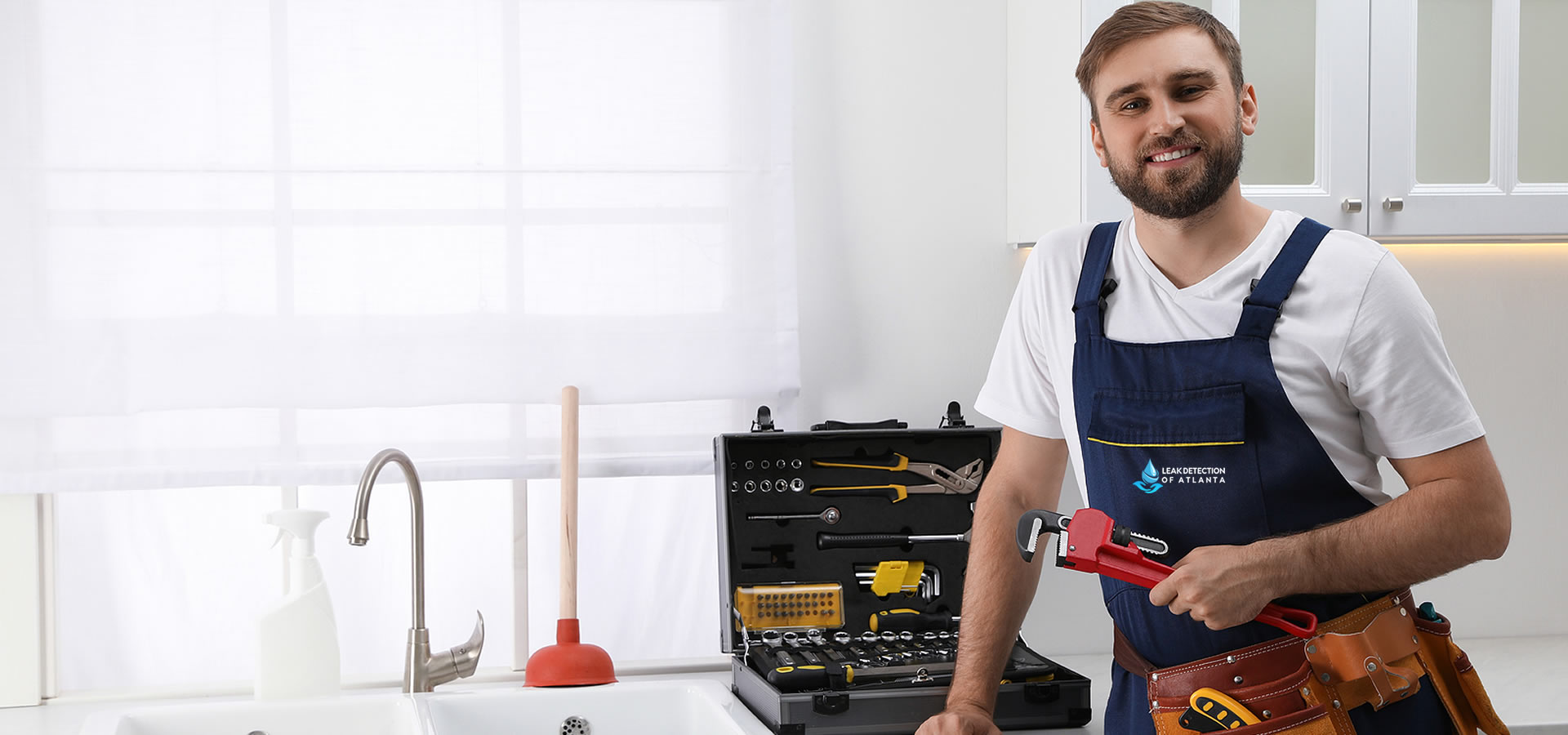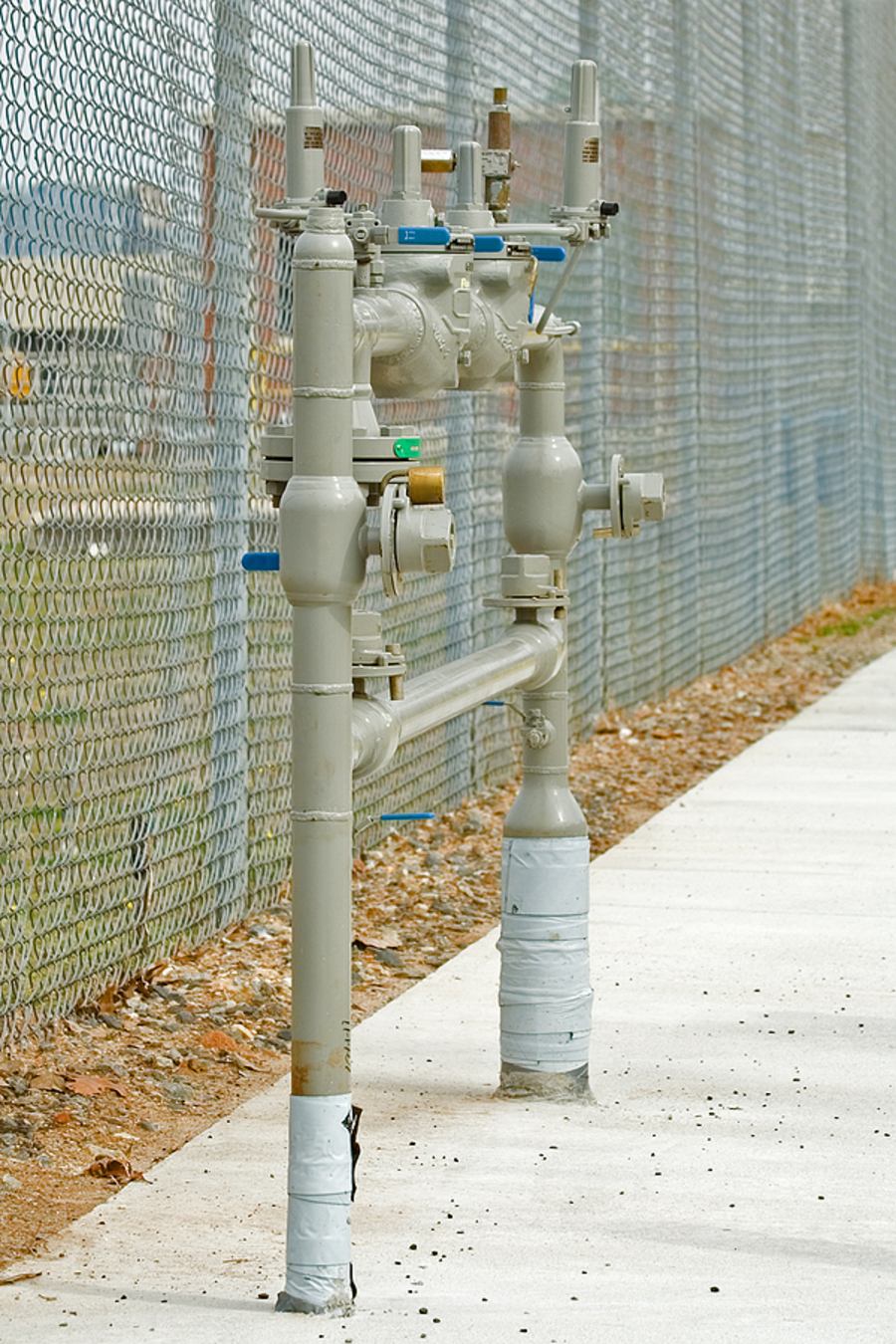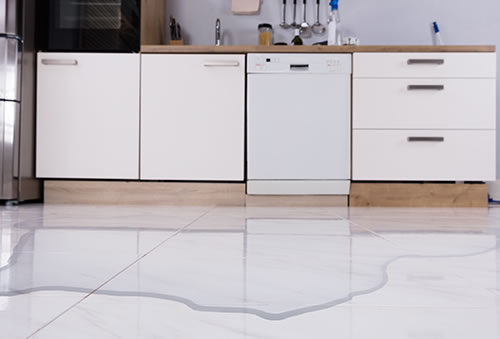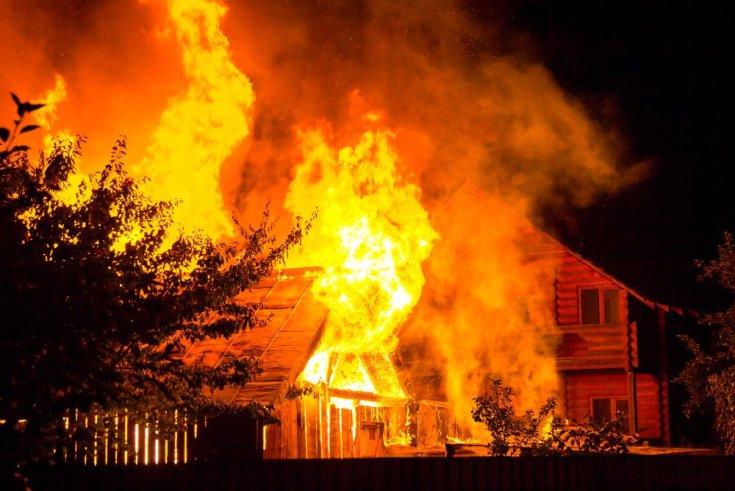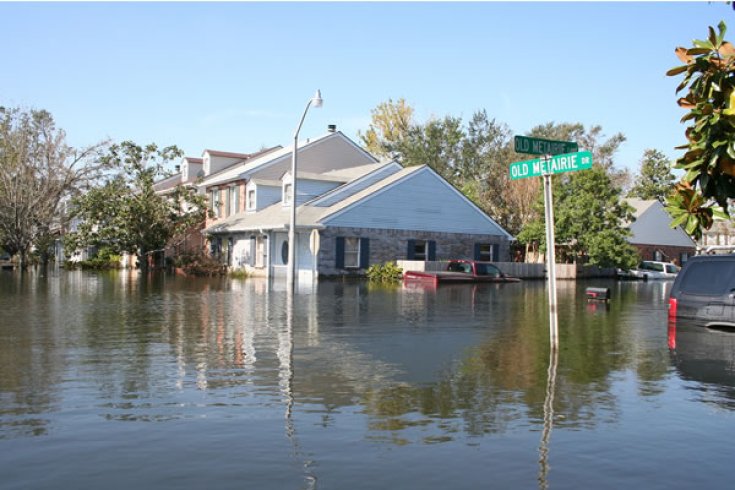A Beginner’s Guide to Backflow Testing
Welcome to the world of plumbing! As homeowners and budding professionals, understanding all aspects of a plumbing system's functioning is critical for its proper operation, and backflow testing is often underappreciated yet essential before calling a plumber. This guide by Leak Detection of Atlanta intends to equip beginners with in-depth knowledge about what exactly it means, why it needs doing, and how best it should be conducted.
What Is Backflow?
Backflow refers to any circumstance in your plumbing system wherein water reverses direction from its normal flow; rather than flowing from its source to taps as you would expect, contaminated water from gardens, toilets, or industrial facilities could potentially reverse into your clean supply source due to sudden pressure changes that cause it to flow unexpectedly.
Why Is Backflow Testing Necessary?
Protecting and safeguarding the purity and safety of drinking water is of utmost importance, especially with backflow threats posing serious threats such as pesticides, fecal matter, and other contaminants entering through its pipes into our drinking supply, causing serious health concerns for many consumers.
Emergency plumbers or professional plumbing services provide invaluable relief, trained to deal with such emergencies quickly. Regular backflow testing also protects against such disasters:
Your plumbing system's prevention devices function perfectly, keeping the water uncontaminated and safe to drink. Furthermore, they comply with local regulations and codes, often mandating regular backflow testing.
How Does Backflow Testing Work?
Backflow testing entails conducting regular checks on your plumbing system's prevention devices to ensure they're operating effectively and keeping backflow from occurring. While the process can appear complex at first glance, at its heart, it serves as an invaluable checkup that ensures it remains healthy over time. Here's an outline:
- Inspection of the Backflow Prevention Device: Before commencing testing, a plumber will closely inspect the device for signs of any visible wear, tear, or damage.
- Shutting Off Water Supply: For accurate readings, turning off both downstream (household side) and upstream valves (street side) is crucial. This ensures no water flows during testing and ensures the accuracy of results.
- Testing the First Valve: Utilizing specialized equipment, the plumber will examine the first valve by allowing water to pass through it and gathering readings indicating whether it is functioning as intended or requires repairs.
- Testing the Second Valve: Like its counterpart, the second valve must be thoroughly examined to ensure it works perfectly.
- Reopening Valves: Once testing has concluded, valves should be opened sequentially: first upstream, then downstream to restore water supply as quickly as possible. This ensures normal operations resume without interruptions in service.
- Documenting Results: After performing their testing procedure, plumbers will produce a detailed report detailing the backflow prevention device's condition and any necessary repairs or replacements needed to protect water sources against backflow.
- When Should Backflow Testing Take Place?
- Annually: To keep your system in optimal condition year-round, backflow testing should, at the minimum, be conducted once annually. Doing this ensures optimal functioning throughout its lifespan.
- After Plumbing Repairs or Modifications: After performing plumbing repairs or modifications, it's wise to conduct backflow testing as an added measure against potential negative consequences from any modifications made. Testing ensures that your changes are fine with the rest of the system.
- Noticeable Pressure Changes: Observing sudden drops or increases in water pressure could indicate something amiss with your backflow system.
Suppose you have concerns regarding the state or age of your system or have yet to perform testing. consider consulting a reliable plumbing service to review appropriate practices for your unique setup. These experts are on hand to offer professional guidance that can ensure it runs optimally for years.
Leak Detection of Atlanta
Backflow testing is a vital element of maintaining an efficient plumbing system and should be considered an indispensable practice for protecting yourself, family members, and loved ones from potential contaminants that could endanger drinking water quality. Knowing about backflow testing's fundamental principles - homeownership or interest in the plumbing industry- is indispensable knowledge that should be considered.
If in doubt or faced with an immediate plumbing emergency, seek help from Leak Detection of Atlanta immediately. With their expert knowledge behind you, seasoned plumbers will help guide you through all aspects of plumbing with confidence and peace of mind.

